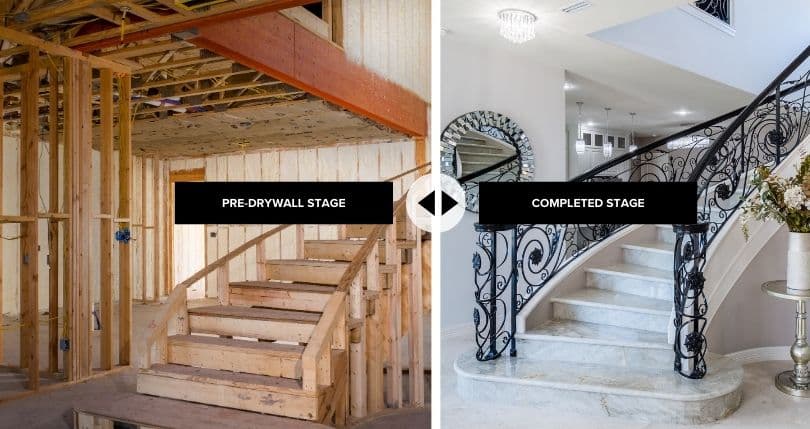Rio Grande Valley New Homes
The most comprehensive resource for new homes, new home builders, and new home communities in lower South Texas. Start your search or just browse to get inspired! You’ll find a range of move-in ready homes, master-planned communities, custom home builders, industry related news, businesses offering new home products and services, and more.














